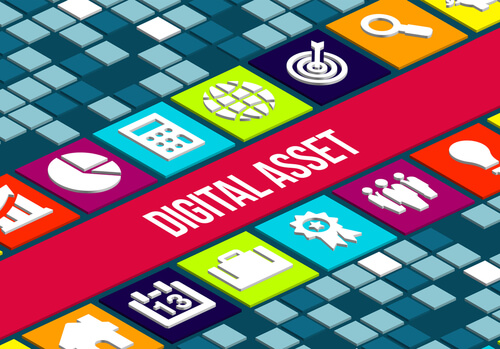As Congress went back and forth regarding the latest $2 trillion stimulus package designed to help America out during these strenuous times, many lawmakers suggested the idea of a digital dollar to potentially get things moving in the right direction.
The Digital Dollar Has Failed… Or Has It?
The digital dollar would have been an extension of USD. Instead of receiving paper checks in the mail, American citizens would instead receive digital funds as a means of ensuring that they did not handle anything that could have been contaminated. The idea during this crisis is to stay as far away from each other as possible; social distancing, as they’re calling it, to prevent the virus from spreading any faster.
Well, the idea of the digital dollar was ultimately pulled from the final draft of the stimulus bill, which was later approved by both the House and the Senate and signed into law by President Donald Trump. It looks like crypto enthusiasts aren’t any closer to having their dream of a digital version of the U.S. dollar come to life, but when one considers the situation, they got relatively close.
This is proof that the idea of digital money is in regulators’ heads, and this probably won’t be the last time we ever hear of such a thing. It’s impossible to think that a country as established and as well off financially as the United States would fail to take the idea of a national cryptocurrency seriously. After all, it’s not a country that’s willing to fall behind nations like China and Iran, which have also expressed a desire to create digital versions of their own national fiats.
Several analysts and individuals directly involved in the crypto space believe that the addition of a digital dollar to the U.S. infrastructure would open several powerful doors. Catherine Coley – the chief executive of Binance.US – stated in an interview:
[A digital dollar] would be… fascinating and a good move in the direction of leading the U.S. In terms of how that affects the adoption rate or the financial inclusion that we see as benefiting from digital assets, it’s a little bit different.
Kristen Smith – executive director of the Washington-based Blockchain Association – agrees. In addition, she’s confident that such a move would help cryptocurrency become far more mainstream in the public’s eyes and put it on the same plane as cash or credit cards.
This Won’t Be the Last Time…
She comments:
[A digital dollar] would be a first step towards crypto technologies being widely adopted. Through dollar-backed stable coins, people could [grow to] understand that they can have full access to their financial lives.
So, while the opportunity may have passed this time around, there’s a solid chance we’ll see the argument for a digital dollar enter Congress’ chambers again in the coming future.



